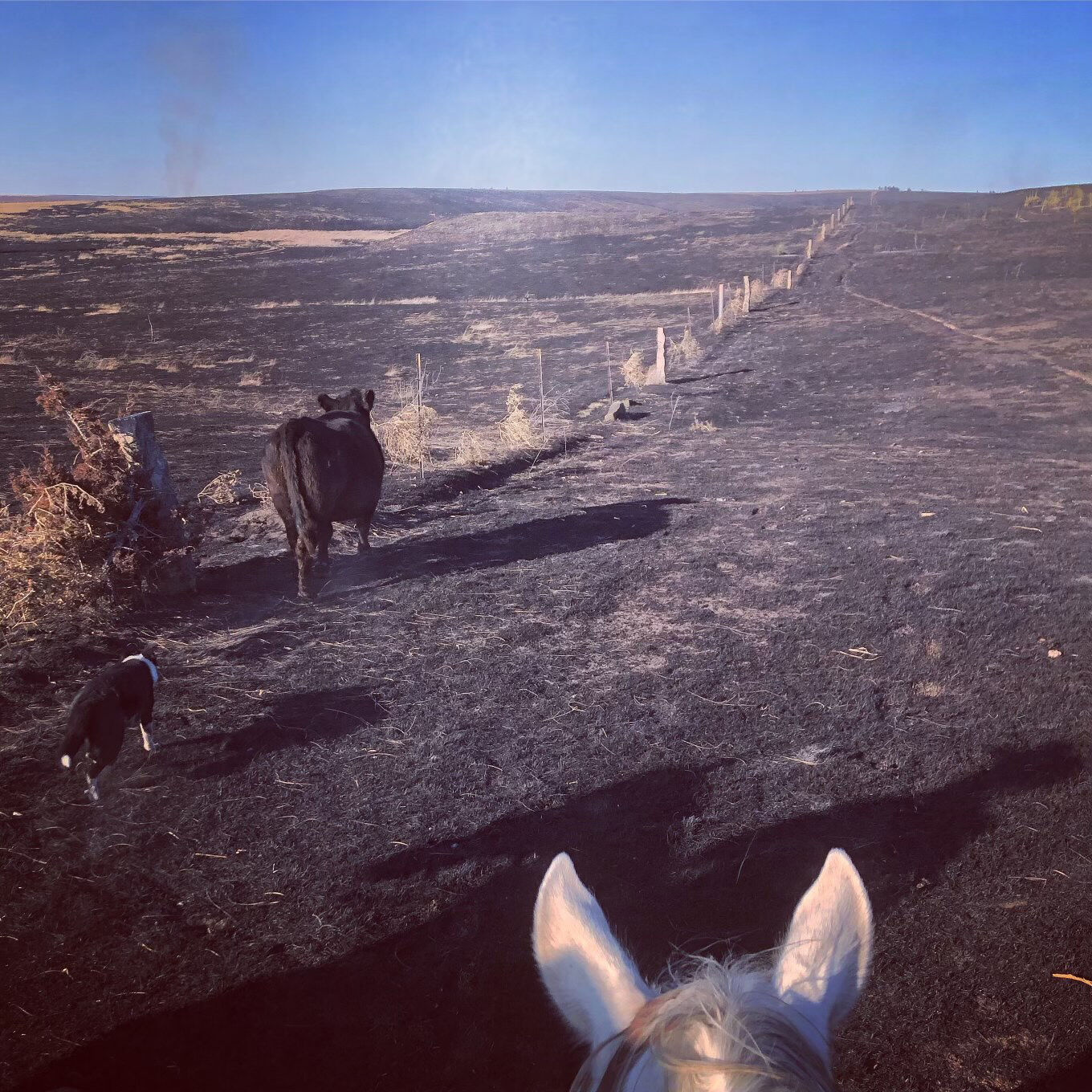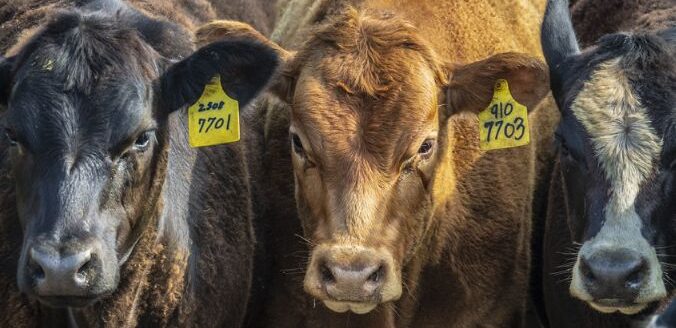Kansas delegation seeks aid to help producers impacted by December wildlfire

U.S. Sens. Roger Marshall and Jerry Moran, alongside U.S. Rep. Tracey Mann, all Kansas Republicans, have sent a letter to U.S. Secretary of Agriculture Tom Vilsack to request flexibility under the Emergency Livestock Assistance Program and provide assistance for producers rebuilding following recent wildfires.
The letter says in part, “We write today to request flexibility under the Emergency Livestock Assistance Program. Specifically we request the establishment of a winter grazing season and the elimination of the Livestock Needs calculation… Finally, as you work to establish assistance programs for disasters that occurred in 2020 and 2021, we strongly urge you to ensure producers in Kansas who are rebuilding from fires receive robust assistance… We appreciate your agency’s quick response to the needs of the Kansas wildfire victims and ask that you consider these additional changes to allow our family farmers and ranchers to rebuild and continue their operations for the next generation.”
The primary counties are Russell and Ellis counties and contiguous counties of Rooks, Osborne, Barton, Ellsworth, Lincoln, Ness, Rush and Trego counties.
“We have concerns about Kansas producers’ ability to utilize ELAP because of the timing of this disaster. Many ranchers in Kansas set aside pasture for winter grazing and also grow forage sorghum for winter grazing,” the lawmakers wrote.
“Under ELAP, producers can only be paid for a qualifying loss (such as the wildfire) that occurs during the USDA defined ‘normal grazing period’. Unfortunately, the December fires that affected family farms and ranchers occurred outside of the grazing season established for Kansas. That means producers who lost winter pasture and/or winter grazing of forage sorghum to the wildfires would not qualify for reimbursement. We ask that you allow Kansas to establish a winter grazing season that would allow those ranchers who lost winter pasture and/or forage sorghum for winter grazing to the wildfire to qualify for ELAP.
“Additionally, the Livestock Needs calculation for ranchers does not contemplate the long-term needs of those who lost hay to the wildfire. Under ELAP, producers who have qualifying hay loss to wildfire are limited to reimbursement of only the amount of hay that the livestock they own would consume in a normal year. Many producers in practicing proactive management and conservation practices will grow more hay than is needed for the current year with the intention of storing the hay to be used in times of drought or severe weather. We would ask that the Livestock Needs calculation is dropped from ELAP, allowing those producers to be reimbursed for all of their hay losses.”
They also noted the $10 billion for disaster assistance provided by Congress cab be used to help producers facing losses that do not fit perfectly into other USDA programs, such as ranchers who lost winter grazing lands but are currently deemed ineligible for ELAP assistance. Marshall and Mann are members members of the Senate and House agriculture committees.
This letter comes on the heels of U.S. Department of Agriculture announcing a primary agricultural disaster designation for those counties in Kansas and additional recent grass fires in counties. Additional information on USDA’s disaster assistance program, including county lists and maps, can be found at http://disaster.fsa.usda.gov.


